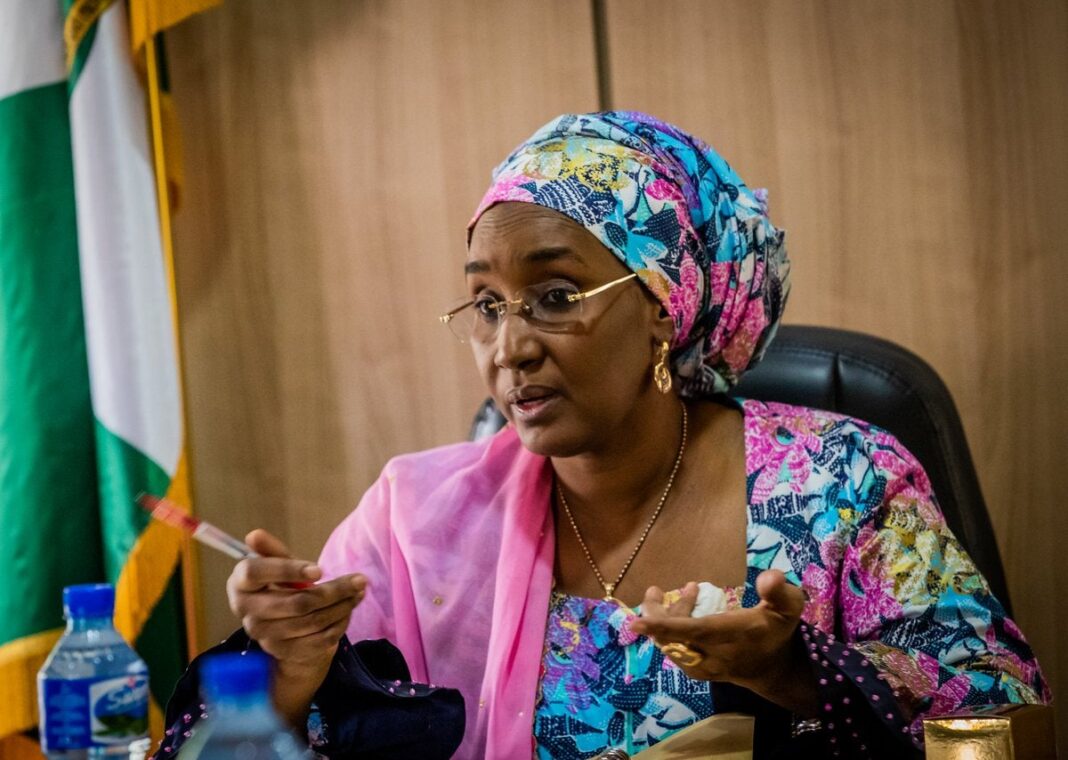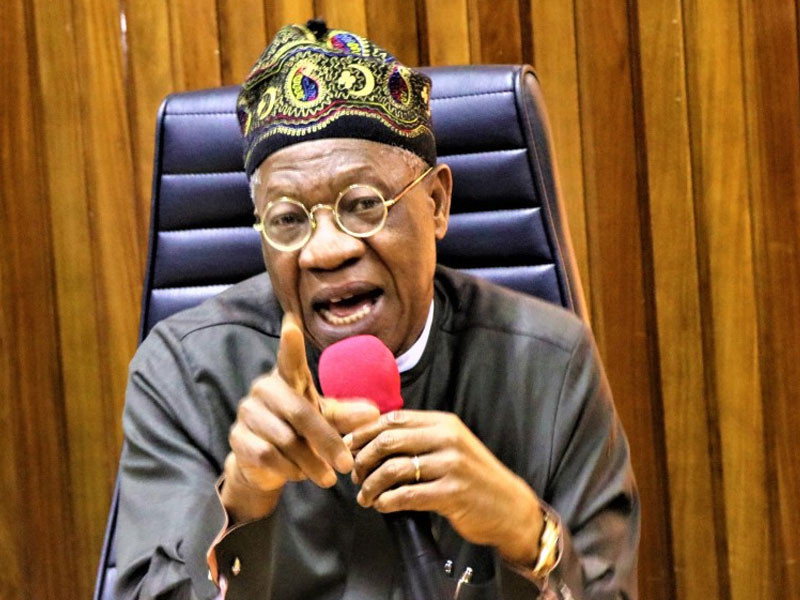A bit of good news came in for the Dollar-strapped Nigerian economy yesterday with the price of Brent crude rising to three-year high amid supply constraints and a drop in crude inventories of the United States, the world’s top oil consumer.
The global output disruptions forced energy companies to pull large amounts of crude out of inventories.
The rally was slightly dampened by China’s first public sale of state crude reserves.
Brent futures eventually sold at $78.09 a barrel, while U.S. West Texas Intermediate (WTI) crude sold at $73.98 yesterday evening.
That was the highest close for Brent since October 2018 and for WTI since July 2021, both for a second day in a row.
It was the third week of gains for Brent and the fifth for WTI mostly due to U.S. Gulf Coast output disruptions from Hurricane Ida in late August.
U.S. oil refiners were hunting to replace Gulf crude, turning to Iraqi and Canadian oil, traders said.
Some members of the Organization of the Petroleum Exporting Countries and their allies, known as OPEC, have struggled to raise output due to under-investment or maintenance delays during the pandemic.
Russia said it would remain a reliable supplier of energy to global markets. But Russian gas giant, Gazprom, had been accused of doing too little to increase its natural gas supplies to Europe, where prices have soared.
Iran, which wants to export more oil, said it would return to talks on resuming compliance with the 2015 Iran nuclear deal “very soon”, but gave no specific date.
Edward Moya, senior market analyst at OANDA, said: “Extra Iranian barrels of crude seem unlikely to be a 2021 story,” noting negotiations “will be a long drawn-out process.”
In the United States, drillers added 10 oil rigs this week, putting the oil and gas rig count up for a 14th month in a row.
Brent could hit $80 by the end of September due to stock draws, lower OPEC production and stronger Middle East demand, UBS analysts said.
Analysts at UBS told Reuters that Brent oil price could hit $80 a barrel by the end of September due to stock draws, lower OPEC production and stronger demand in the Middle East.
“What still might allow Brent to hit that mark over the coming weeks is the ongoing drop in oil inventories driven by unplanned supply disruptions,” the analysts said.
Market analysts added that surging natural gas prices were also attracting the rise as the supply shortage of gas could encourage power utilities to shift from gas to oil if winter turns out to be colder this year.
The rise in crude oil price means an increase in revenue for Nigeria but a headache for the country’s subsidy shortfall payments.
Recently, Mele Kyari, Group Managing Director of the Nigerian National Petroleum Corporation (NNPC), said the supply crisis affecting the natural gas market might push crude oil prices up by $10 a barrel.





